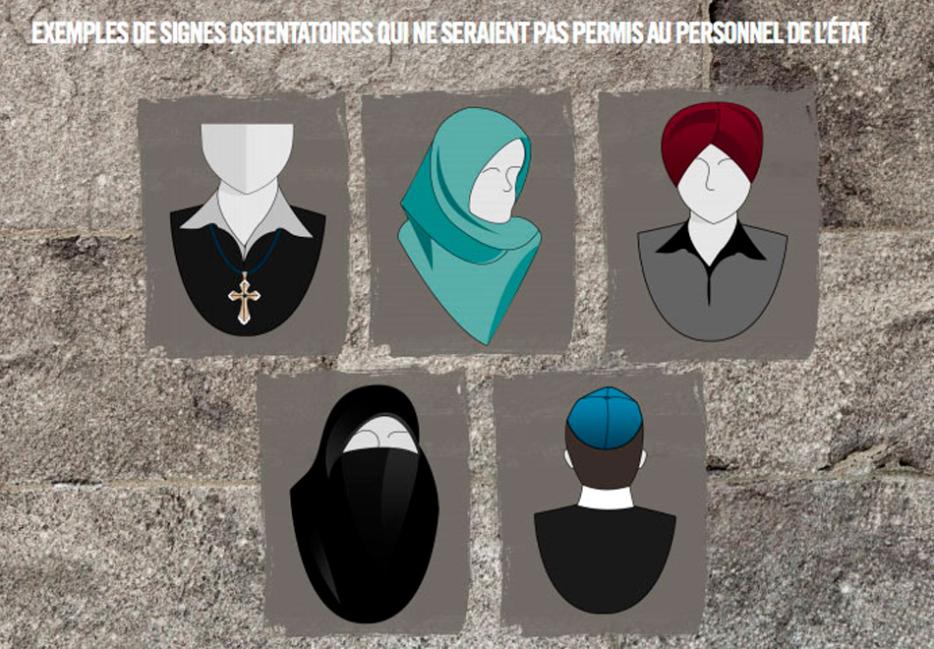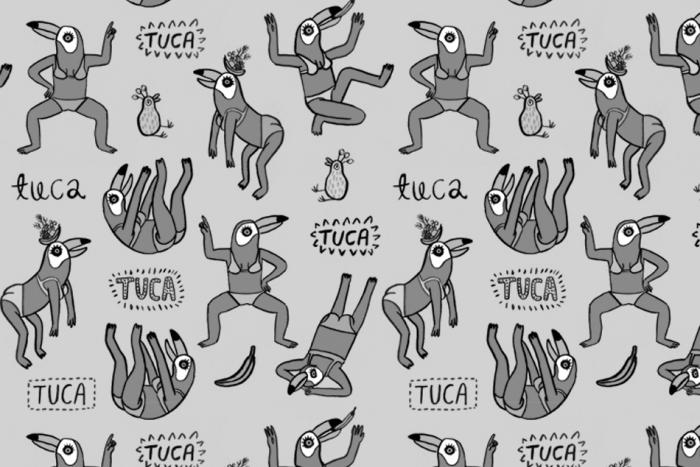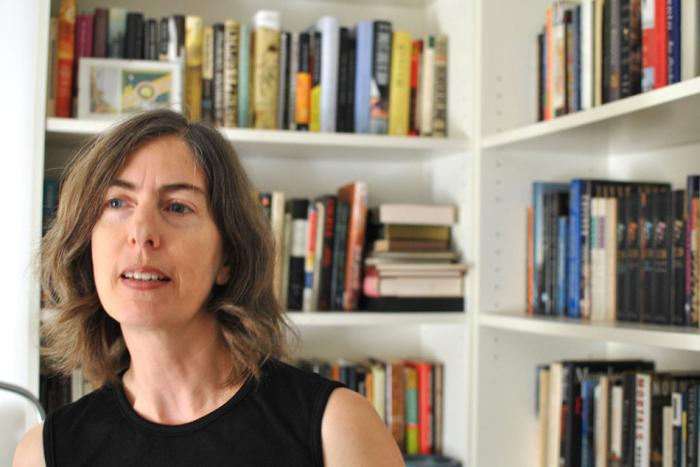The making of laws, the old joke goes, is like making sausages: Nobody actually wants to watch it happen. Rather, people want to witness the carriage of justice: We want to see bad guys punished, or at minimum we want to see the state try. There’s an important corollary to all this, though, and it’s familiar to anyone with a passing history of the Civil Rights movement. If your laws, however properly passed by a legislature, are so odious that people can’t bear to watch them enforced on TV every night, they won’t last long.
So the question for the government of Quebec, now that it has unveiled its “values charter” and it turns out that it’s as bad as everyone expected, is simple: Could anyone actually stand to watch these rules be enforced? The whole point of civil disobedience is to see how far the state will go to justify its laws. Do we seriously expect the government to fire Muslim teachers for wearing a veil? And then, perhaps, bar them from re-entering their schools? Send them to prison for trespassing if they try?
The details of the proposal may already be well-known, but the audacity on display is pretty stunning: Crucifixes are allowed provided they’re not the gaudy kind favoured by those Orthodox folk, and so are Christmas trees at schools. As predicted, though, basically everyone who’s not an Easter-and-Christmas Catholic is going to have to pipe down with the God stuff.
The charter’s quarterback, Bernard Drainville, helpfully says that the government isn’t providing more clarity on what is “overt and conspicuous” religiosity or not because “we think these things can be resolved by common sense and a discussion, a discussion in good faith,” which was a thing he totally said, invoking common sense and good faith in a debate over how much Quebec should regulate the religious dress of non-Catholics.
If the 2011 National Household Survey is right (and it might not be), there are just over 243,000 Muslims in Quebec, and my bet is more than a few of them are going to be caught by this law. That is, after all, the point of it. So we may find out.
Or not: Savvy observers of the National Assembly are already noting that the law, as presented Tuesday, already seems like a dead letter. The PQ doesn’t have a majority behind it, and even other sovereigntists are backing away slowly from this monstrosity. When the Bloc Quebecois wants nothing to do with this kind of fundamentalism, you’d think somebody at headquarters might give their head a shake.
And since it would be immediately challenged in court even if it did pass, the law couldn’t take effect until, Gods willing, a different government was in place. It would be tempting to dismiss this all as a stunt by the PQ except that a large majority of Quebecers actually support the proposal, or at least the details that leaked early. This has, of course, been a lingering issue in Quebec for some time; the Taylor-Bouchard commission called on the province to spell out its secular values five years ago. (What does Charles Taylor think of this proposal? Funny you should ask.)
And Quebec’s defenders have a point when they say that the attitudes the proposed charter represents are hardly alien to English Canada. In Ontario, we had a 2007 provincial election that largely turned on whether you thought the Tories were going to bring in taxpayer-funded madrassas or not. These days, the Ontario legislature is going to condemn Quebec’s charter in a kind of passive-aggressive way, but the Liberals are likely also hoping a Tory MPP says something stupid on camera, and they may get their wish. Like it or not, crazy has a constituency in this province, too.






